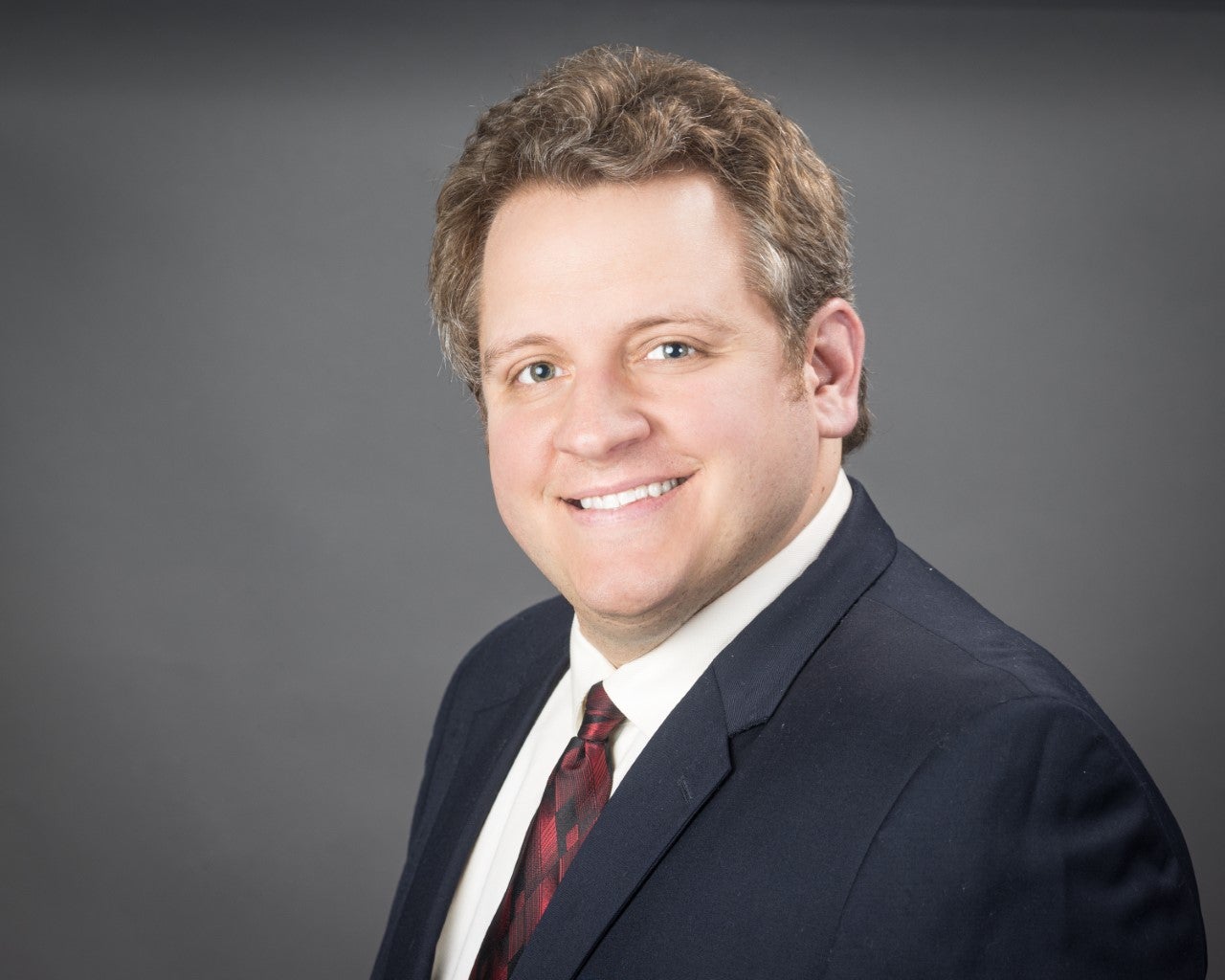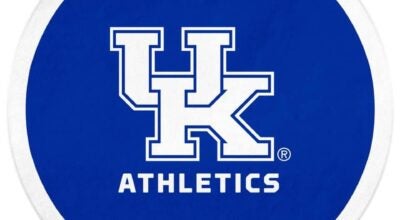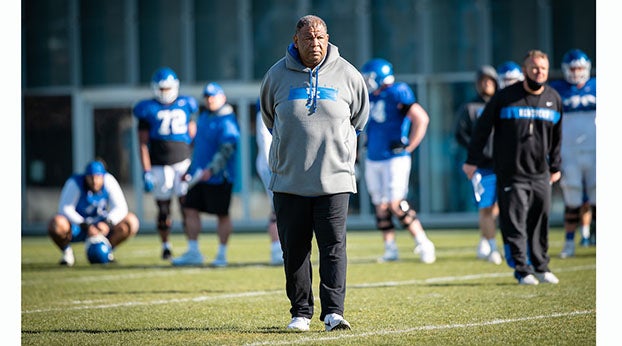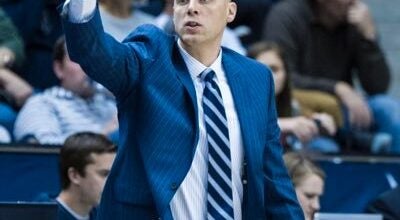On the Matt: Defenses have a right to play
Published 12:00 pm Saturday, October 15, 2022

- Matt Cizek
|
Getting your Trinity Audio player ready...
|
The game of football has changed in the name of player safety.
This has yielded positive results, and the intention is undoubtedly good.
However, a line has always been drawn in the sand that says football can be altered in the name of player safety, yet it must still maintain its essence of physical play.
For many football fans, that theory seems more challenged than ever after this weekend.
In two separate games, controversial roughing-the-passer penalties were called.
The first, in a game between the Tampa Bay Buccaneers and Atlanta Falcons, occurred after a sack that would’ve led to Atlanta being given the ball back down by six points with just under three minutes remaining. While it’s unfair to say that the penalty caused the Falcons to lose, it eliminated an opportunity for them to try winning in the final minutes.
On Monday night, controversy struck again.
Chris Jones of the Kansas City Chiefs was called for roughing the passer on a play in which he contacted Las Vegas Raiders quarterback Derek Carr, forced the ball loose, and recovered it before he and the quarterback hit the ground. To most fans, that’s a textbook strip-sack. Although Kansas City won the game, it left thousands of fans and many at home and online, displeased.
The NFL has moved toward trying to make the game safer for years.
Recently, its stance towards committing to that cause was challenged.
On Sept. 23rd, Miami Dolphins quarterback Tua Tagovailoa was pushed on a play against the Buffalo Bills and landed hard on the back of his head. A roughing-the-passer penalty was called. After getting up, he was noticeably disoriented, struggling to stand up straight as he attempted to walk toward the sideline.
However, four days later – when the Dolphins played on Thursday night against Cincinnati – Tagovailoa was back in action.
The decision, criticized by some before the game, became the source of even more consternation after a tackle in the second quarter showed Tagovailoa was brought down hard – yet legally – and exhibited further signs of a concussion or potential brain injury.
Tua has not been cleared to play since.
The explanations given for the two aforementioned roughing-the-passer calls don’t hold up very well.
Jerome Boger, who called the first penalty in the game between Atlanta and Tampa Bay, said that, in his view, the quarterback was thrown unnecessarily to the ground.
First, the primary job of a defender when the quarterback has the ball is, in fact, to get him on the ground.
Second, if you watch the replay, quarterback Tom Brady was not technically thrown on the ground. He clearly lands on top of the defender, who avoids putting all his body weight on top of the quarterback when getting up.
Third, if the quarterback is thrown following a whistle, that might be worth considering. However, with Brady – arguably the best QB of all time – holding the ball, I’m not gambling if I’m a defender that the play is over and risking him trying to complete a pass until the whistle has blown or I know the play is over otherwise.
With the call against Jones, referee Carl Cheffers seemed to say they afforded the quarterback special protection because he was in a passing posture.
The problem, of course, is that you’re allowed to try to sack the quarterback, and – once the ball is no longer in his hand – he can’t be attempting to pass the ball.
If you could never go after the quarterback while he’s in a passing posture, every sack attempt would be illegal.
Also, Cheffers concludes that Chris Jones fell with his body weight on top of Carr.
As mentioned, once Jones has the ball, it seems pretty irrelevant to consider whether this was in the art of passing.
Plus, there are times when the laws of physics come into play. When your body is taking you one way, it’s difficult to go the other.
For such reasons, I – like many fans and viewers – object to both these calls.
I’m not here to blame the referees entirely.
They have a job to do, do it to the best of their abilities, and take on way too much undeservedly.
However, it’s worth noting that these calls drawing so much ire from others might be a little nerve-wracking.
Cheffers, after the crowd was noticeably angered at his decision and he likely had Coach Andy Reid – a normally good-natured coach – very upset with him, sounded as though he was on the verge of becoming emotional in the third quarter.
Boger, from some of what I’ve heard online, received criticism that, even though I disagree with him professionally, seemed much out of line.
If I were representing the referees, this might be something I’d want to talk with the NFL office about myself. Having to rule based on present interpretations isn’t helping them.
As a football fan, this is a subject I can talk about all day.
Even the quarterback(s) seemed to believe the roughing-the-passer penalties were unwarranted, and the neurologist who evaluated Tagavoiloa after the game against Buffalo was dismissed when an investigation concluded that mistakes were made.
For the sake of time, let’s say that everybody is for protecting players.
Still, defenses have a right to do their job too.





